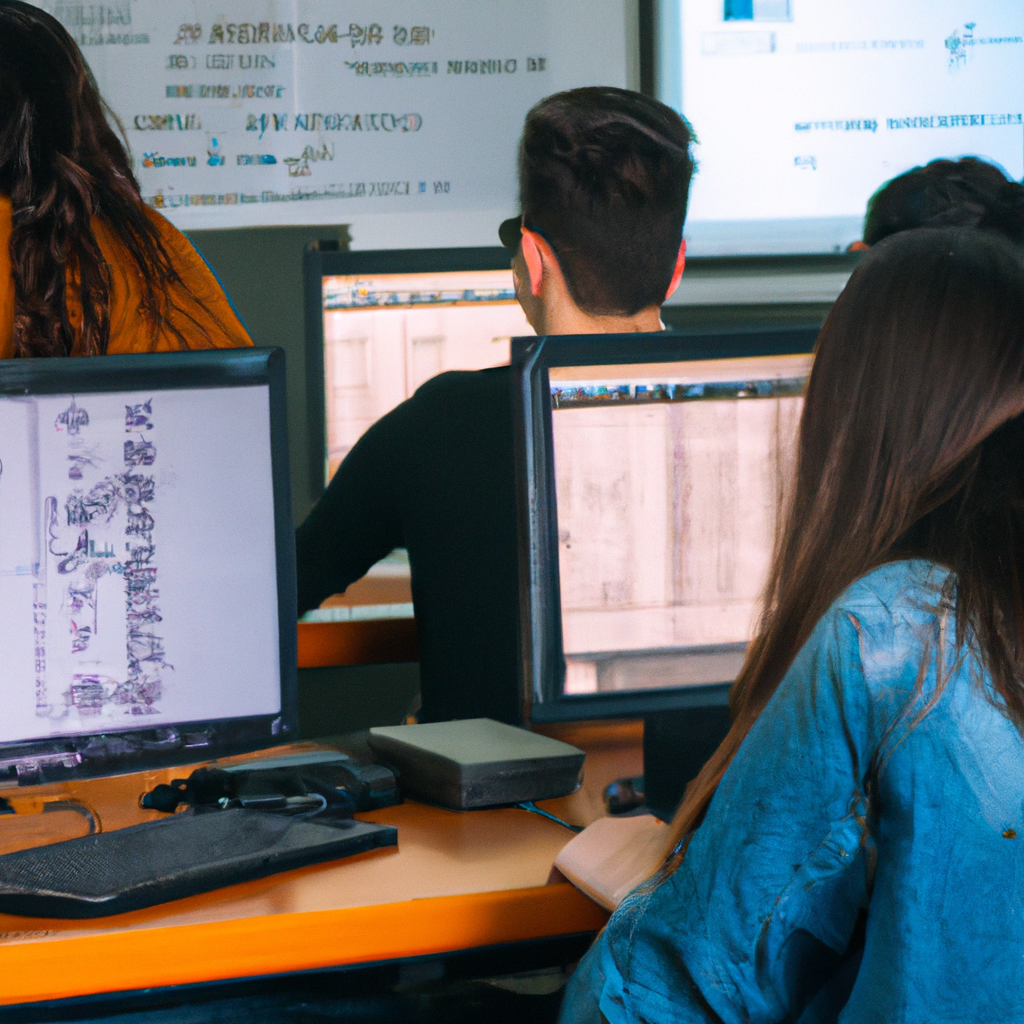OpenAI (in “GPTs are GPTs: An Early Look at the Labor Market Impact Potential of Large Language Models”) reveals that around 80% of US workers could have at least 10% of their tasks impacted by AI, while about 19% might see over 50% of their duties affected. Writing and creative fields (like writers, poets, journalists, graphic designers) are especially vulnerable, but they’re not alone. Legal roles (such as legal assistants), programming, and technical jobs (mathematicians, accountants, digital interface designers) could also face AI disruption. However, jobs relying on science and critical thinking or manual labor may be less affected.
Here’s a list of occupations that might be at risk
- Bank or financial advisor: AI can analyze financial markets and economic data for investment recommendations based on predictive models.
- Call center operator: AI can manage calls, answer questions, and resolve customer issues.
- Community manager: AI can engage with users on social media, moderate comments, and run ad campaigns.
- Copywriter: AI can generate ad content, catchy headlines, and product descriptions using persuasive techniques.
- Developer: AI can rapidly generate code, websites, and design elements, as well as create captivating game scenarios and levels.
- Journalist: AI can write news articles using reliable sources and adhering to journalistic standards.
- Legal assistant: AI can conduct legal research, draft documents, and help prepare cases.
- Librarian: AI can organize and catalog resources and respond to user inquiries.
- Moderator: AI can swiftly identify and remove inappropriate content on online platforms.
- Online teacher: AI can offer instant answers and teaching resources tailored to students’ needs.
- Programmer: AI can master multiple programming languages and write or debug code quickly.
- Real estate agent: AI can provide property information, organize virtual tours, and assist with contract negotiations.
- Receptionist: AI can automate call handling, appointment scheduling, and information provision effectively.
- Recruiter (HR): AI can analyze resumes, select candidates, and facilitate job interviews.
- Screenwriter: AI can generate story ideas, dialogues, and plots based on an extensive database of movies, TV shows, and literature.
- Tour guide: AI can offer information about attractions, culture, and local hotspots, as well as recommend activities, restaurants, and accommodations.
What can we conclude from the study?
- GPTs are general-purpose technologies that could have significant economic, social and policy implications for the US labor market and beyond.
- GPTs could influence or augment tasks within at least 80% of all jobs in the US, with varying degrees of exposure across different occupations and industries.
- Higher-wage jobs and jobs requiring programming or writing skills are more likely to be exposed to GPTs, while jobs involving science and critical thinking skills are less likely to be influenced.
- The impact of GPTs is not limited to industries with higher recent productivity growth, suggesting a potential for future productivity gains across sectors.
- The impact of GPTs is expected to persist and increase over time, as GPTs improve in capabilities and are integrated with complementary technologies and systems.
You know, this study is really more of a first step in trying to understand how GPTs might affect the US job market. It’s not meant to be the final word or an all-encompassing prediction. Actually, it’s pointing out areas where future research can be improved, like better data quality, rubric design, annotation methods, and analysis techniques. This way, we can get a clearer picture of how GPTs will impact work and society as a whole.